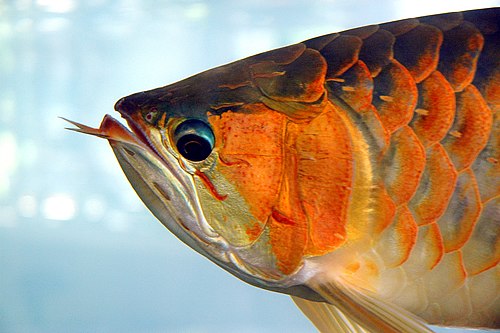Limpverb
(intransitive) To walk lamely, as if favouring one leg.
Limpverb
To travel with a malfunctioning system of propulsion.
Limpverb
To move or proceed irregularly.
Limpverb
To call.
Limpverb
(intransitive) To be inadequate or unsatisfactory.
Limpverb
To happen; befall; chance.
Limpverb
To come upon; meet.
Limpnoun
An irregular, jerky or awkward gait
Limpnoun
A scraper for removing poor ore or refuse from the sieve
Limpnoun
A code-word among Jacobites, standing for Louis XIV, James II, Queen Mary of Modena and the Prince of Wales.
Limpnoun
A scraper of board or sheet-iron shaped like half the head of a small cask, used for scraping the ore off the sieve in the operation of hand-jigging.
Limpadjective
flaccid; flabby, like flesh.
Limpadjective
lacking stiffness; flimsy
Limpadjective
(of a penis) not erect
Limpadjective
(of a man) not having an erect penis
Limpadjective
physically weak
Limpverb
To halt; to walk lamely. Also used figuratively.
Limpnoun
A halt; the act of limping.
Limpnoun
A scraper for removing poor ore or refuse from the sieve.
Limpadjective
Flaccid; flabby, as flesh.
Limpadjective
Lacking stiffness; flimsy; as, a limp cravat.
Limpnoun
the uneven manner of walking that results from an injured leg
Limpverb
walk impeded by some physical limitation or injury;
Limpverb
proceed slowly or with difficulty;
Limpadjective
lacking in strength or firmness or resilience;
Limpadjective
not firm;
Limp
A limp is a type of asymmetric abnormality of the gait. Limping may be caused by pain, weakness, neuromuscular imbalance, or a skeletal deformity.
Lipnoun
(countable) Either of the two fleshy protrusions around the opening of the mouth.
Lipnoun
(countable) A part of the body that resembles a lip, such as the edge of a wound or the labia.
Lipnoun
The projecting rim of an open container; a short open spout.
Lipnoun
Backtalk; verbal impertinence.
Lipnoun
The edge of a high spot of land.
Lipnoun
The sharp cutting edge on the end of an auger.
Lipnoun
(botany) One of the two opposite divisions of a labiate corolla.
Lipnoun
(botany) The distinctive petal of the Orchis family.
Lipnoun
(zoology) One of the edges of the aperture of a univalve shell.
Lipnoun
Embouchure: the condition or strength of a wind instrumentalist's lips.
Lipverb
(transitive) To touch or grasp with the lips; to kiss; to lap the lips against (something).
Lipverb
(of something inanimate) To touch lightly.
Lipverb
To wash against a surface, lap.
Lipverb
(intransitive) To rise or flow up to or over the edge of something.
Lipverb
(transitive) To form the rim, edge or margin of something.
Lipverb
(transitive) To utter verbally.
Lipverb
(transitive) To simulate speech by moving the lips without making any sound; to mouth.
Lipverb
(sports) To make a golf ball hit the lip of the cup, without dropping in.
Lipverb
To change the sound of (a musical note played on a wind instrument) by moving or tensing the lips.
Lipnoun
One of the two fleshy folds which surround the orifice of the mouth in man and many other animals. In man the lips are organs of speech essential to certain articulations. Hence, by a figure they denote the mouth, or all the organs of speech, and sometimes speech itself.
Lipnoun
An edge of an opening; a thin projecting part of anything; a kind of short open spout; as, the lip of a vessel.
Lipnoun
The sharp cutting edge on the end of an auger.
Lipnoun
One of the two opposite divisions of a labiate corolla.
Lipnoun
One of the edges of the aperture of a univalve shell.
Lipnoun
Impudent or abusive talk; as, don't give me any of your lip.
Lipverb
To touch with the lips; to put the lips to; hence, to kiss.
Lipverb
To utter; to speak.
Lipverb
To clip; to trim.
Lipnoun
fleshy folds of tissue as those surrounding the mouth
Lipnoun
an impudent or insolent rejoinder;
Lipnoun
the top edge of a vessel
Lip
Lips are a visible body part at the mouth of many animals, including humans. Lips are soft, movable, and serve as the opening for food intake and in the articulation of sound and speech.











